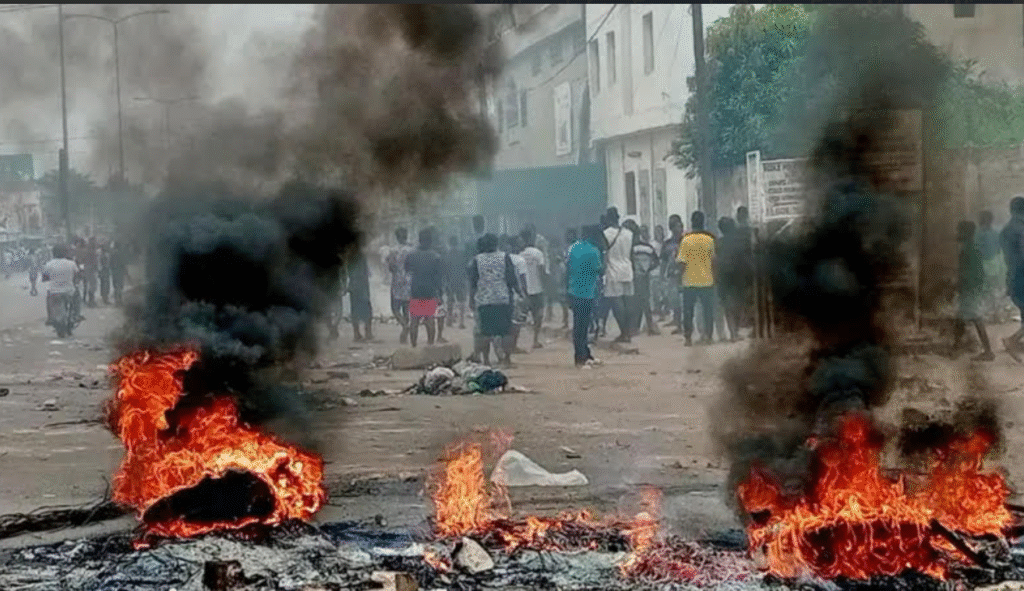
Togo has been gripped by growing unrest following a controversial constitutional change that allows longtime leader Faure Gnassingbé to extend his grip on power this time as prime minister.
The move effectively sidesteps presidential term limits, sparking mass protests in the capital, Lomé, and drawing accusations of dynastic rule.
The revised constitution pushed through by a government dominated parliament without public referendum, transfers executive powers from the presidency to the premiership.
Faure Gnassingbe has been in power since 2005, now assumes this newly empowered role, replacing his symbolic presidency with near total control of the state. The 86 year old Jean-Lucien Savi de Tové was installed as the ceremonial president.
Critics see the makeover as a strategic retreat from the spotlight by Gnassingbé, whose family has ruled Togo for nearly six decades. Opposition to the move has not come from traditional politicians, who remain largely ineffective and sidelined but from a wave of cultural figures and young activists.
One of the flashpoints was the arrest of rapper Essowe Tchalla, known as Aamron, following his satirical video mocking the president’s birthday. His detention, subsequent forced apology, and confinement in a mental facility sparked outrage. Hundreds poured onto Lomé’s streets in early June, leading to arrests and clashes with security forces. Human rights groups report at least five deaths, arbitrary detentions, and pro-government militias patrolling in armed vehicles.
Togo’s government insists the April 2024 elections were fair and inclusive. Minister Gilbert Bawara defended the process and blamed foreign-based activists for inciting unrest. But the swift timing of the elections mere weeks after the constitution was amended violated Ecowas protocols requiring a six month buffer before major polls.
Outside observers, preoccupied with crises in Gaza and Ukraine, offered little resistance, while regional leaders remained silent mindful of recent withdrawals from Ecowas by Burkina Faso, Mali, and Niger.
Though local elections in July passed without disruption, voter turnout appeared low. Jean-Pierre Fabre, a key opposition figure, reported near empty polling stations. Many Togolese now view formal politics as hollow, manipulated by a system designed to perpetuate a “republican monarchy.”
Whether this latest wave of protest leads to lasting change remains to be seen. But for a new generation of Togolese, creative resistance is taking center stage and the fight for democracy has found new voices.